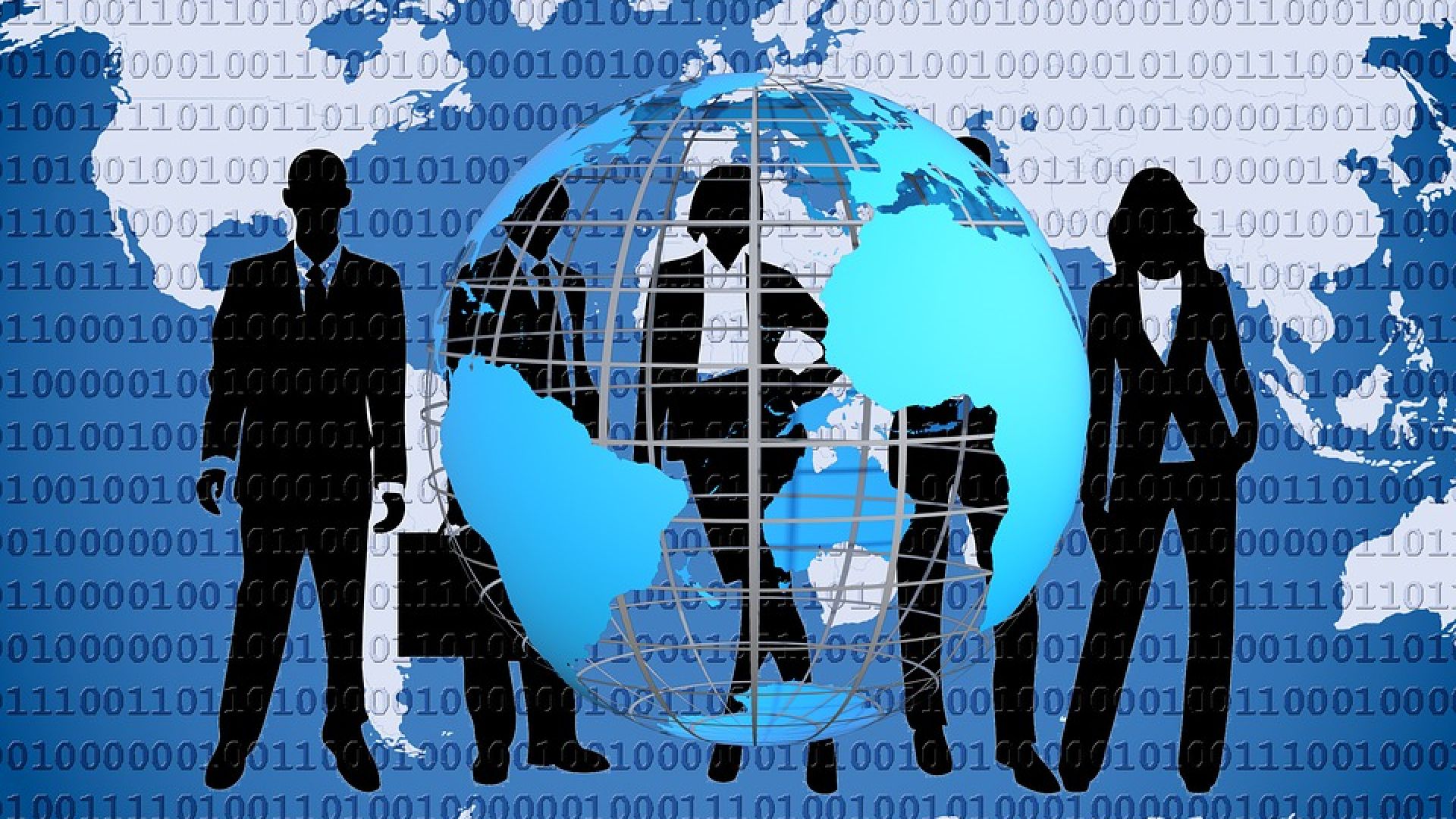Definitions of what Globalisation is vary immensely. Nevertheless, no matter how we define it, we must all acknowledge that Globalisation is now not only a process; it is a fact of life for citizens, workers, companies and countries alike. Drivers of globalisation such as enhanced trade, investment and disruptive technological change is impacting all parts of our lives and people all over the globe. Since all are impacted by it; all must come to benefit from it. That is the task we set for Europe in Harnessing Globalisation.
The transformative effects of Globalisation has already been felt in many areas, leading to technological revolutions in transport, digitization etc. In taking the lead on managing Globalisation, we must ensure that European regulations, values, standards and principles shape Globalisation, not vice versa. We will not allow workers and citizens, both within and outside of the EU, to be left behind or to become victims of Globalisation.
For far too many Europeans, Globalisation seems to be primarily defined as that which impacts, shapes and to some extent controls their lives, jobs, futures and opportunities, but on which they feel they have little to no influence. This has led to a growing sense of anguish among many European citizens regarding the process of globalisation. To ignore this sentiment which raises issues that we should all be concerned about would be a grave mistake. Our task in Europe is to demonstrate that we can build a better future for all. That prosperity can once again be achieved, sustained and fairly shared. That by harnessing globalisation we can reap the benefits of closer links between countries, continents and peoples, whilst shielding citizens and their jobs and security from the negative aspects of globalisation.
It is said that all politics are local. This also holds true for Globalisation. As we act on the European and global stage, we must always be mindful of how developments will impact local societies at home and abroad. We must ensure that welfare states, social cohesion, equality, security and democratic societies are strengthened.
Although globalisation has undoubtedly contributed to wealth creation across the globe and lifted hundreds of millions of people out of poverty, the benefits of Globalisation have so far been inequitably shared. This has given rise to inequality, particularly due to changes in employment conditions and uneven distribution of wealth and income, less progressive taxation, harmful tax competition, tax evasion and avoidance.
As a union, we have the strongest preconditions for succeeding in a globalised world. Our cooperation is built upon the importance of our pluralistic and democratic values. Principles on which we have built non-discriminatory, tolerant and just societies, where solidarity and equality between women and men is wholeheartedly embraced. Where our fundamental values of human dignity, liberty, democracy, equality, the rule of law and respect for human rights are not only upheld but also enshrined in Article 2 of the Treaty on European Union, and in the Charter of Fundamental Rights of the European Union. Therefore, we insist that Globalisation must also mean the global protection and advancement of gender equality, respect for and protection of minorities.
We must also recognize that mismanaged Globalisation is in itself a driver of unmanaged, chaotic migration which has driven countless people into displacement, forced migration and life-threatening journeys. From climate change to armed conflicts, ethnic tensions and abject poverty, the root causes are many and varied.
Only by seeing the larger picture, can we hope to effectively help and prevent such human tragedy. Migration in itself is, of course, a historic constant. It is a fact of human life. In a globalised world, we must ensure, that migration is managed in a legal, organised and constructive manner that benefits both those who migrate, the countries that receive them, and the countries of origin.
As a global phenomenon, we need a global answer to the challenges of migration. The international community must urgently undertake a common response to address the challenges and opportunities that migration represents. This response must be founded on the principle of solidarity and shared responsibility and not be focused single-handedly on a security-based approach, but be guided by the full protection of the rights and dignity of everyone forced to leave their homes. Failure to live up to our principles and fundamental values, when it comes to migration and foreign policy, would severely undermine the EU’s credibility and capacity to influence developments internationally.
In a globalised world, we should demonstrate to citizens that the diversity of cultural patterns is a wealth, a strength instead of a factor of division. Our main responses to populism, radicalisation, and xenophobia remain notably education, intercultural dialogue, integration, access to culture and strong welfare states.
The European Union remains the preeminent example of how peoples and countries can come together to build consensus, act in unison and settle differences in an open and democratic manner based on the rule of law. This makes our union a model for inspiration in building and enforcing rules-based international order.
Shaping Globalisation, also requires the European Union to be a strong and constructive participant in all relevant international forums, including but not limited to, the Global Deal initiative launched by the Swedish Prime Minister.
If you do not know where you are going, all paths appear equally good. With these political demands, we state clearly, which path we want the European Union to take in our journey towards managing globalisation, and we insist on arriving there together.


